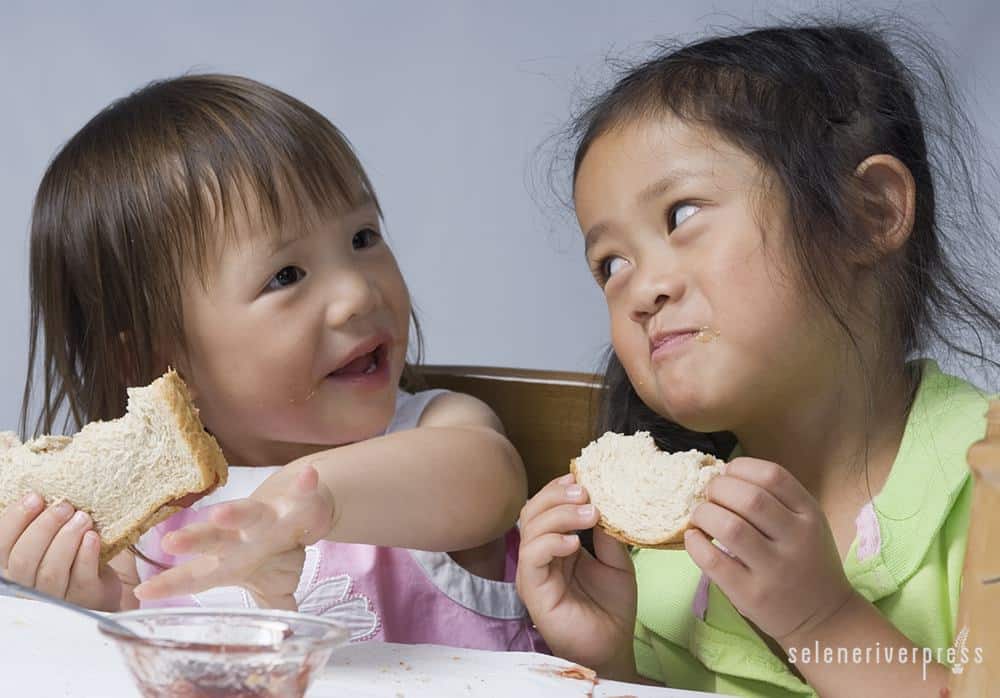Peanuts have been on the list of food bad guys for some time now. With the severe (even life-threatening) allergies that so many kids deal with every moment of their lives, it’s no wonder schools have cracked down. These days, in some schools the once ubiquitous peanut butter and jelly sandwich can’t even make it through the front door. Frequent ambulance pickups to the emergency room aren’t exactly what our public school systems are going for.
But after a recent report from the Annals of Allergy, Asthma, and Immunology, is there a chance that the unassuming peanut will soon be making a comeback?
The publication reports on new guidelines issued after the recent conclusion of a landmark clinical trial. The new research suggests that introducing foods containing peanuts beginning in infancy may prevent allergies from developing. Peanut farmers must be jumping for joy with this revelation.
In the clinical trial, called Learning Early About Peanut Allergy (LEAP), infants were given the skin prick test for peanut sensitivity to determine their risk level for allergies. Based on the results, they were then broken into two groups. One group began eating peanuts early on, and the other group waited until they were 60 months old to nibble on them. Researchers discovered that early introduction led to fewer kids developing peanut allergies.
Maybe those peanut butter and jelly sandwiches of the old days did more than just simplify the lunch packing process. Still, as Stephanie Anderson points out, there may be other facts to consider when it comes to food allergies:
“Let’s remember: Food allergies are often caused by poor digestion. Consuming adulterated foods is the root problem. And the result is the wholesale destruction of the modern Western digestive system.”
—Stephanie Anderson
Nearly two years ago, Mark R. Anderson spoke of this in his post titled “About-Face on Preventing Peanut Allergies.” And here it is popping up in the news again. Perhaps this time around the message will be heard, and the peanut can finally make its way back to our lunch tables.
Photo from iStock/perkmeup



